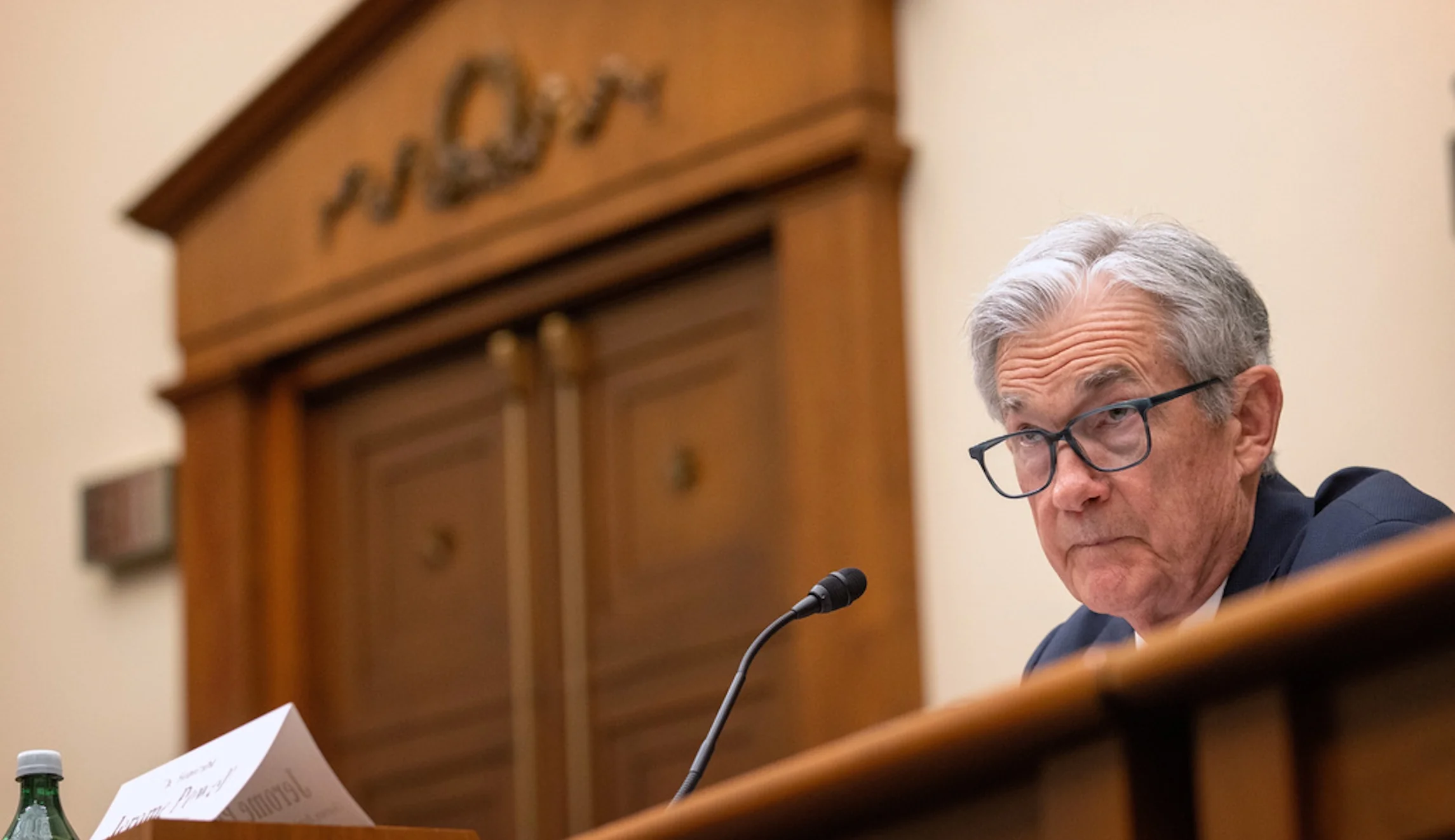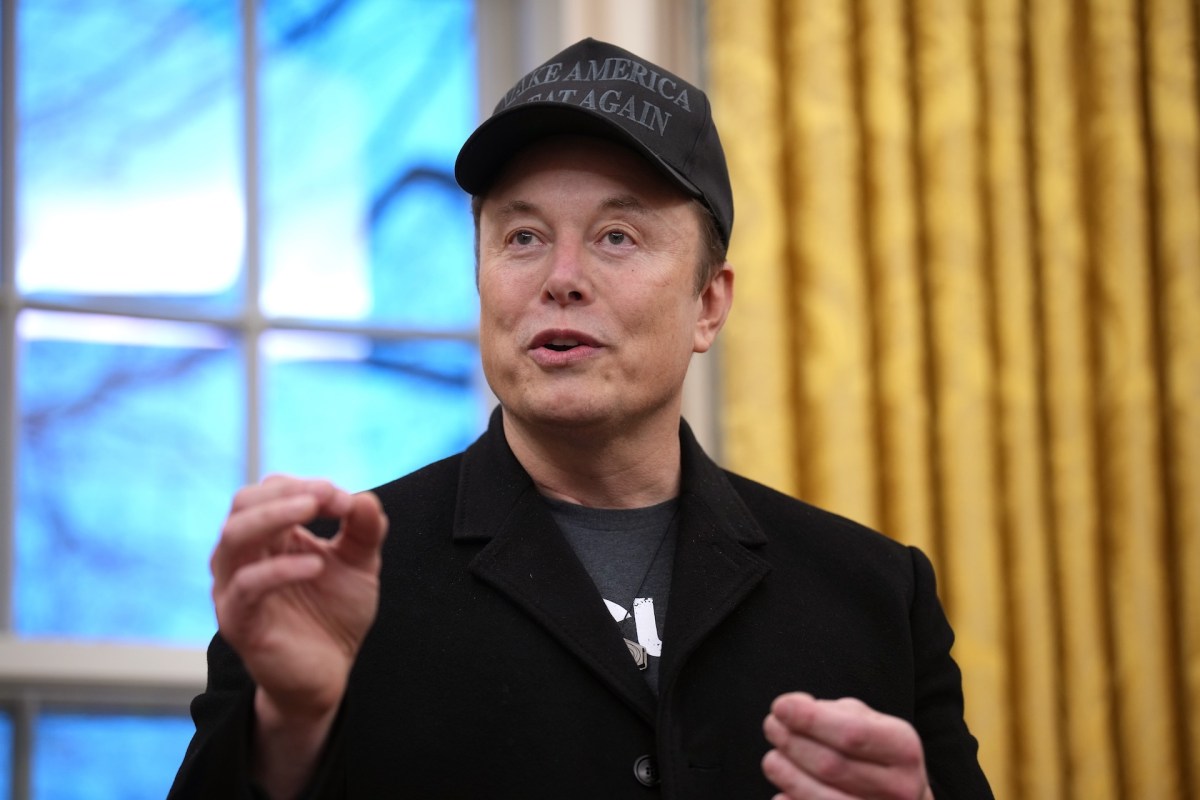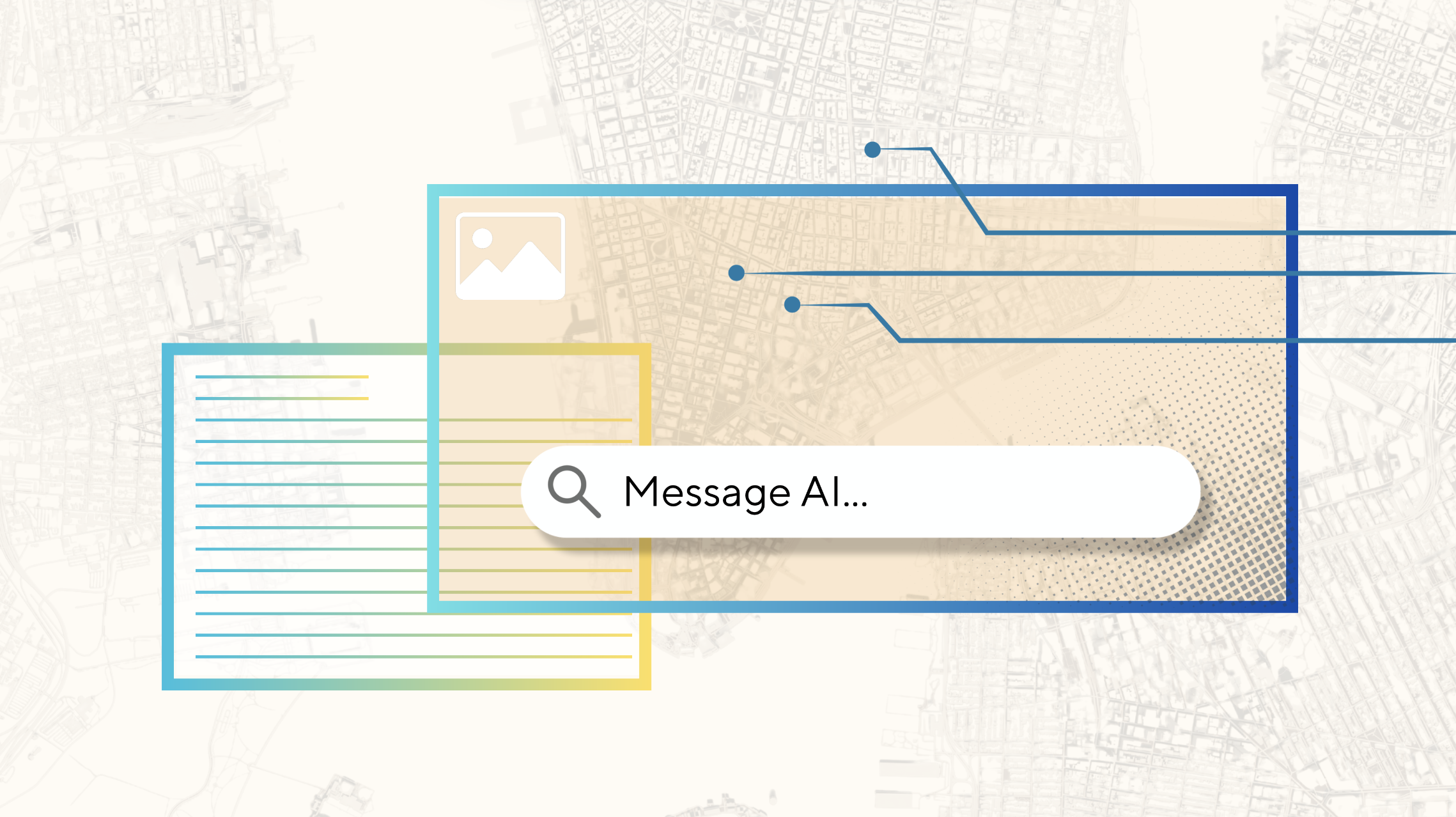
Federal Reserve Chairman Jerome Powell has raised concerns about the potential disruptions that artificial intelligence (AI) may cause in the U.S. labor market, signaling the central bank’s growing awareness of technology’s impact on employment and economic stability.
Powell delivered his remarks during official testimony, indicating a shift in the central bank’s focus toward not only managing inflation and interest rates but also evaluating the broader structural changes in the economy driven by emerging technologies. He highlighted that the rapid adoption of AI technologies across industries could lead to significant transformations in workforce demands.
‘We are beginning to see artificial intelligence have an impact across sectors, and the implications for jobs are something we need to study carefully,’ Powell stated. ‘While AI presents promising opportunities to increase productivity, it also poses potential risks for labor displacement that we are taking seriously.’
The Federal Reserve chair’s comments reflect mounting concerns that while AI can revolutionize tasks and efficiencies, it could also render certain roles obsolete, leading to widespread employment shifts. Analysts and economists have increasingly pointed to AI as a double-edged sword—offering boosts to economic performance while threatening to leave segments of the workforce behind.
Powell noted that addressing such disruptions may fall under the purview of policy discussions beyond monetary policy, such as investments in education, job retraining programs, and social safety nets. However, the Fed’s role in forecasting economic trends related to technology adoption suggests it may begin integrating labor market risks from AI disruption into its broader economic outlook.
These growing concerns mirror those expressed globally, as governments and central banks grapple with how to harness AI’s benefits while mitigating its societal costs. Powell did not propose specific measures but emphasized the importance of proactive study and policy consideration in this area.
The testimony marks a notable acknowledgment from the country’s chief monetary policymaker that AI’s influence on the economy is not just theoretical but pressing and increasingly visible across labor markets.
In conclusion, Powell’s remarks underscore the Federal Reserve’s commitment to understanding and responding to the challenges posed by transformative technologies like AI. As AI continues to reshape the landscape of work, strategic foresight and policy coordination will be crucial to ensuring economic resilience and inclusive growth.
Source: https:// – Courtesy of the original publisher.








